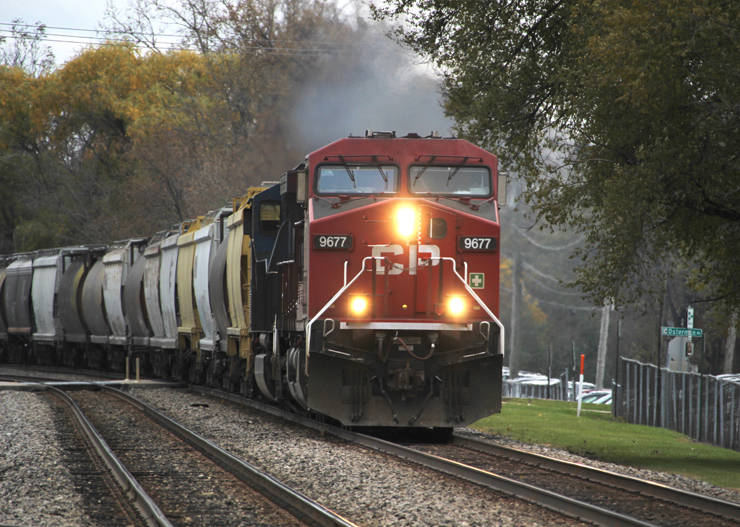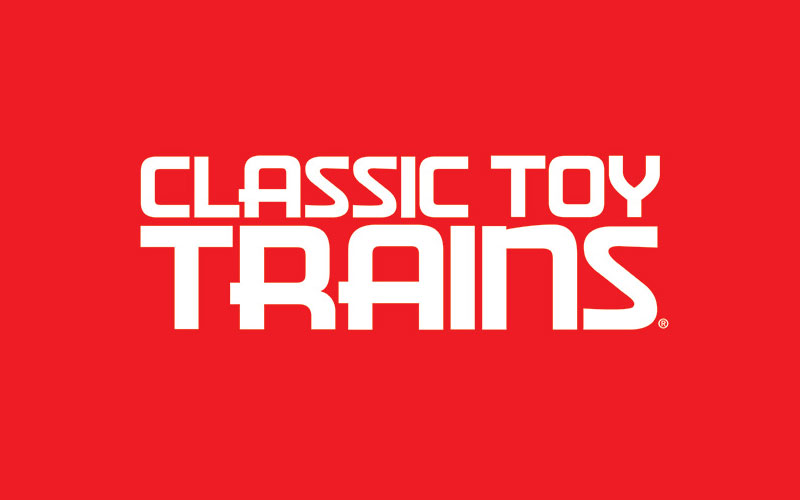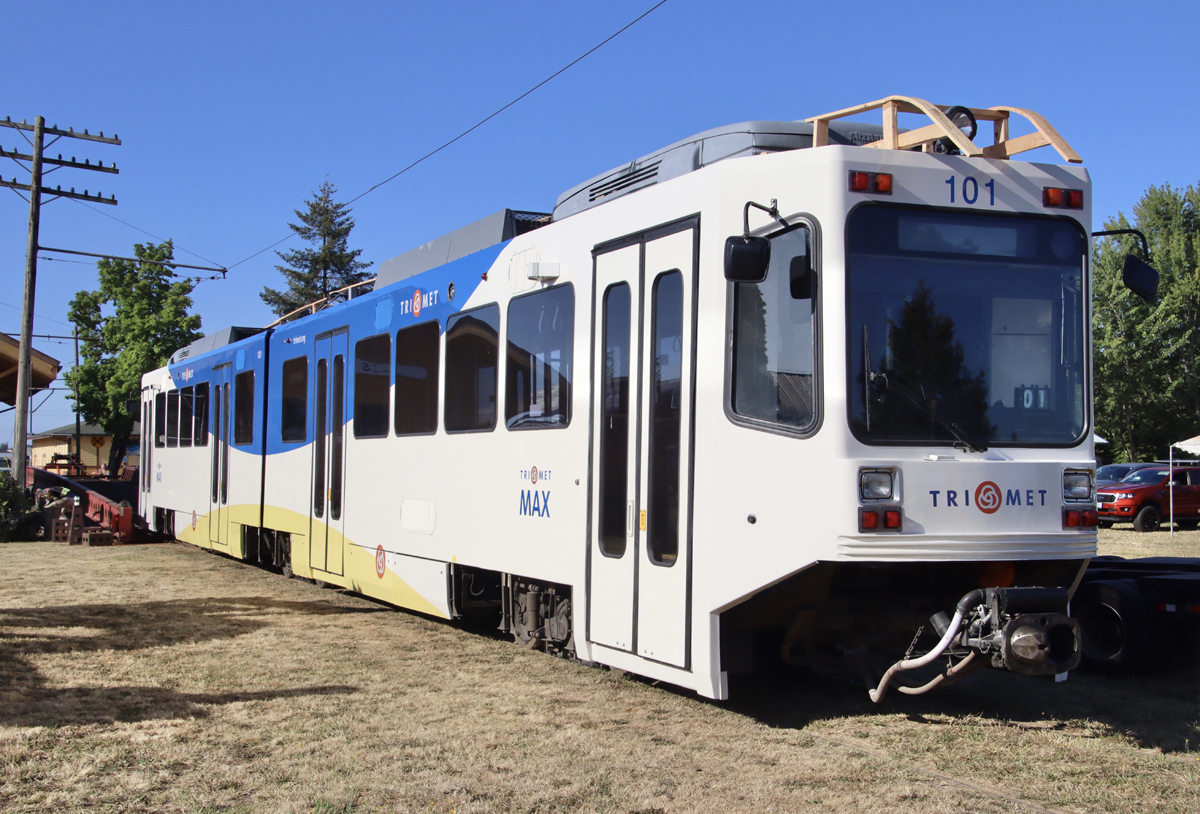
WASHINGTON — The Environmental Protection Agency will consider new, stricter regulations regarding diesel locomotive emissions, the agency said Wednesday.
Reuters reports that the agency said it had formed a team “to evaluate how best to address air pollutant emissions from the locomotive sector. This team will develop a set of options and recommendations for possible EPA regulatory actions addressing new locomotives and new locomotive engines.”
The California Air Resource Board had asked the EPA to set more stringent locomotive emissions standards in April 2017, the Reuters report said. And U.S. Sen Alex Padilla (D-Calif.) told the Associated Press he welcomes the EPA efforts, saying workers and those in neighborhoods near ports and rail yards “have been subject to increased air pollution from locomotives for decades, facing higher instances of respiratory illnesses and premature death.”
The EPA set its current standards, creating the Tier 4 regulations for locomotive emissions, in 2008. But current operating practices, which see railroads running fewer but longer trains, have led railroads to reduce the size of their locomotive fleets and have meant few new units are being built under those standards. (In 2020, just 94 new road freight locomotives were built for North American Class I railroads, and in 2021, the total was zero.) Most railroads are currently opting to have older locomotives remanufactured; while those units have reduced emissions (as well as greater fuel efficiency), they do not have to meet the more stringent Tier 4 standards.
Meanwhile, railroads and locomotive manufacturers are working on a number of alternative forms of locomotive power, including batteries, battery-diesel hybrids, and hydrogen fuel cells. At a rail industry conference, representatives of four major companies building locomotives in the U.S. agreed the diesel’s days as the primary source of locomotive power are numbered, although its replacement or replacements are yet to be determined [see “Locomotive builders seek path to the future,” Trains News Wire, Oct. 18, 2022].














I guess the EPA still has not learned it has no power they lost the cause on pushing power companies to stop burning coal.
WOW electrification I doubt if California will allow wind farms to line the Pacific coast and tear out their wineries for solar farms.
If California were one big wind/ solar farm, border to border, it couldn’t power what is ALREADY required- home heating and appliances, cars ……
California state and local government? Incompetence and evil are a bad combination.
The railroads lost their chance the first time around. A nationwide shutdown of the rail system with the ultimatum of a Congressional ban on EPA involvement in railroading. Let the politicians deal with it.
Electrification Boogeyman 🙂
Tier 4 virtually stopped the production of new freight locomotives; what more damage can they do?
As much damage as “we the people” continue to allow them to do!
Interesting that California felt compelled to pass their own auto, motorcycle, lawn mower, farm tractor and home generator legislation, but rely on the Feds for railroad related emissions.
Honestly up to now its been credits and loopholes that have been forcing the railroads to look at rebuilding older units.
I do wonder when California is going to start regulating campfires, home fireplaces, kettle stoves, backyard smores, the boy scouts, the girl scouts, church camp and finally as a last resort regulate nature and ban lightning.
And cows
On your last paragraph, they already regulate campfires, fireplaces, home appliances, etc.
Talk about smoking it up good thing they didn’t see to many Alco’s. They would have soiled there pants .
Yeah, like the gazillion diesel semi’s running all over the highways don’t cause any bad exhaust????
More powerful union involved. Ask Jimmy Hoffa.